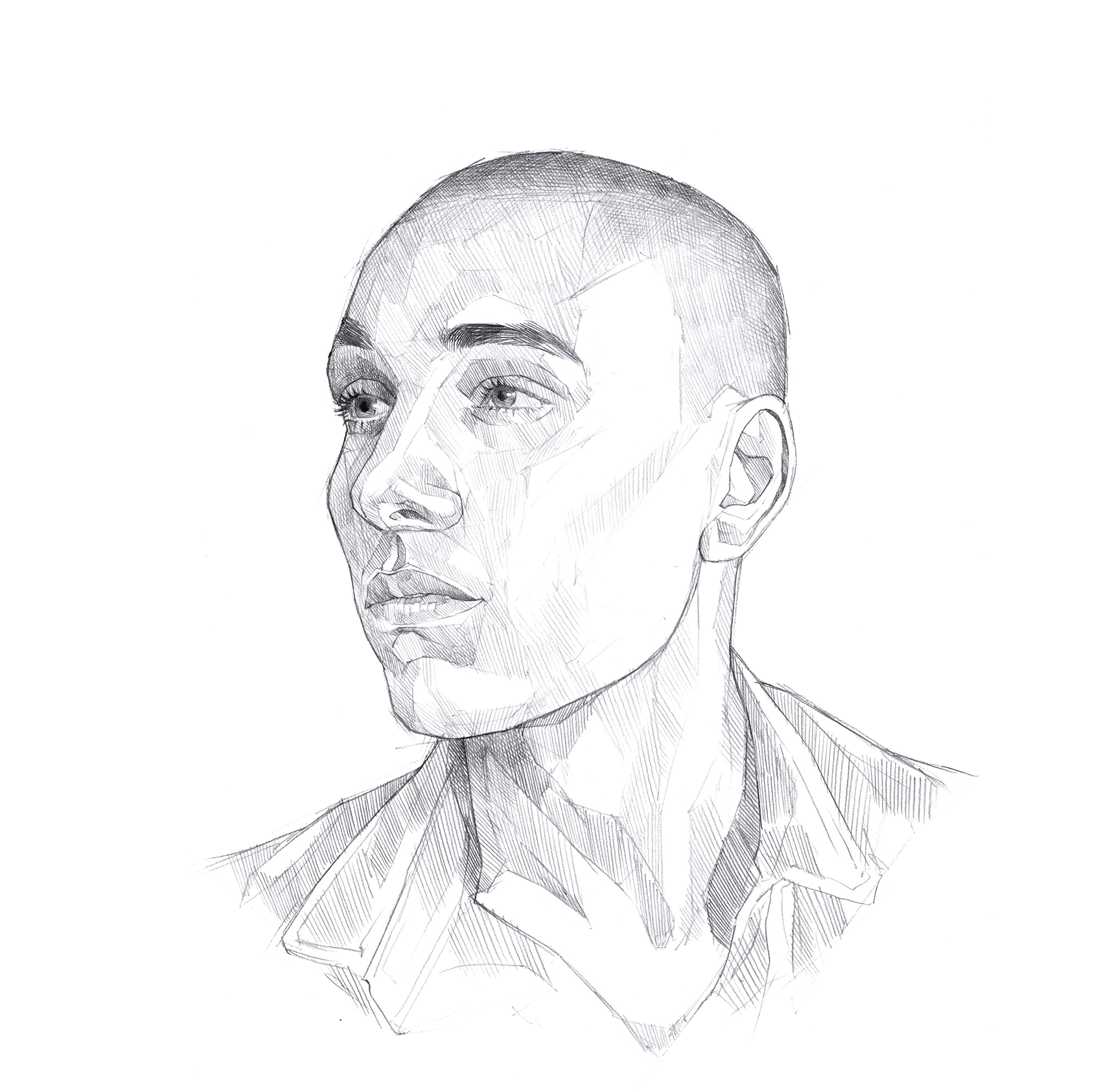They think their value is less
Some victims want to protect their anonymity. They are afraid of going to the police or confessing to anyone; because it would expose shame, or self-hate, or self-loathe; because it would be hurt their value, if they were violated. So, they think their value is less, when in reality, it's not. But they believe that because it's so traumatizing and horrific. In that case, it is a very tough road to tread, because there is no one particular roadmap to take. There is no blueprint of, "you have to do it this way," 'cause every person is different. Every emotion is different and we have to act accordingly in that situation. If we push that person, or if we say the wrong thing at the wrong time, it could lead to more devastating consequences for them, mentally. So, it's all about being a proper support system, at the right place, at the right time. Because there is not much else you can do.
Recommendations
-
Use open-ended questions and collaborative communication when supporting a victim/survivor.
-
Use approaches that are trauma informed and survivor-centred.
-
Provide long-term support to victims/survivors through university services and/or through referals to external community-based agencies.
-
In the policy itself and in materials and presentations promoting the policy, define "confidential" and "anonymous," and explain how these concepts pertain to the policy, university-based sexual assault services, and the limits on confidentiality and anonymity.
-
Allow victim/survivors to share their experiences and seek support when they are ready. Offer information about time limits for reporting when applicable.

